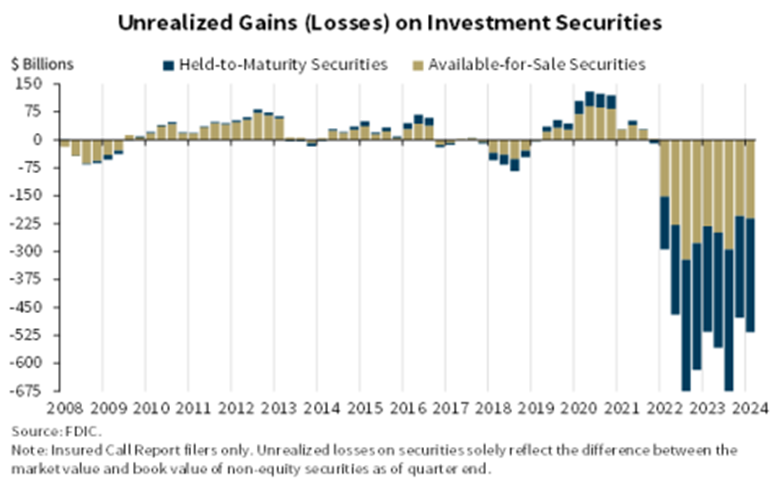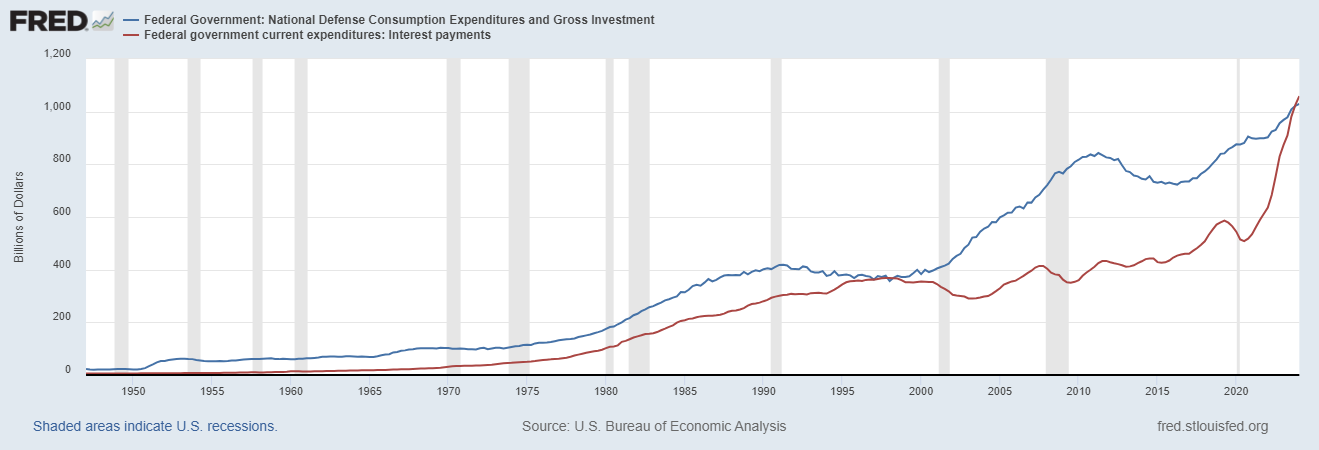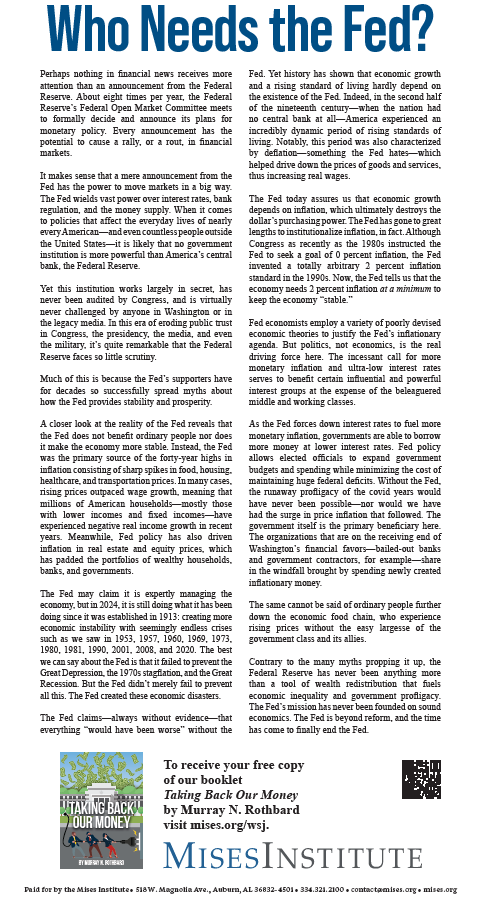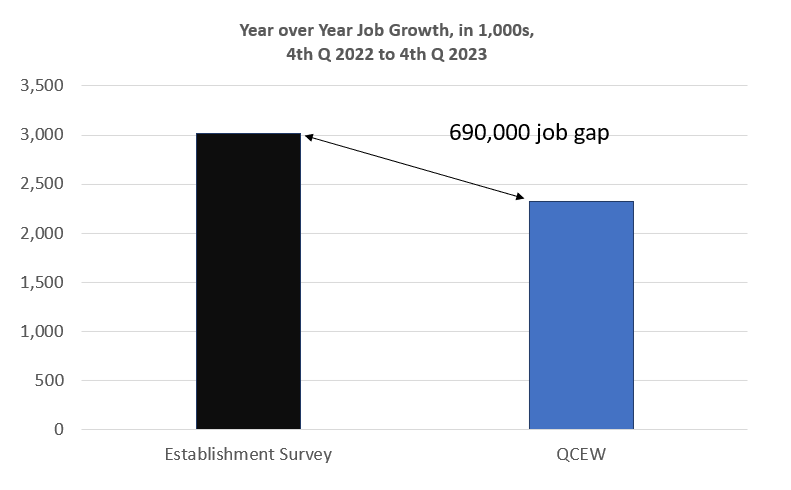This article was originally published by the Federalist Society.
The relevant text of the Dodd-Frank Act is clear: “Each year (or quarter of such year) . . . the Board of Governors shall transfer to the [Consumer Financial Protection] Bureau from the combined earnings of the Federal Reserve System, the amount determined by the Director to be reasonably necessary . . . ” (emphasis added).
“Earnings” means net profit:
“EARNINGS: Profits; net income.” (Encyclopedia of Banking and Finance)
“Earnings: Net income for the company during a period.” (Nasdaq financial terms guide)“A company’s earnings are its after-tax net income.” (Investopedia)
“Earnings are the amount of money a company has left after subtracting business expenses from revenue. Earnings are also known as net income or net profit.” (Google “AI Overview”)
“Earnings: The balance of revenue for a specific period that remains after deducting related costs and expenses.” (Webster’s Third New International Dictionary)
The Democratic majority which passed the Dodd-Frank Act on a party line vote in 2010—knowing that it was likely to lose the next election (as it did)—cleverly blocked a future Congress from disciplining the new creation through the power of the purse by granting the CFPB a share of the Fed’s earnings every quarter. With inescapable logic, however, that depends on there being some earnings to share in.
Naturally the congressional majority assumed (probably without ever thinking about it) that the Fed would always be profitable. It always had been. But that turned out to be a wildly wrong assumption.
The Supreme Court has ruled that the CFPB funding scheme is constitutional. The opinion by Justice Thomas finds that nothing in the text of the Constitution prevents such a scheme, despite, as pointed out in Justice Alito’s dissent, the way it thwarts the framers’ separation of powers design.
However, no one seems to have pointed out to the Court that the Federal Reserve System now has no earnings for the CFPB to share in. Instead, the Fed is running giant losses: it has lost the staggering sum of $169 billion since September 2022, and it continues to lose money at the rate of more than $1 billion a week. Under standard accounting, it would have to report negative capital and technical insolvency.
The Fed stopped sending distributions of its earnings to the U.S. Treasury in September 2022 because there were no earnings to distribute. It should have stopped sending payments from its earnings to the CFPB at the same time for the same reason. This seems to be required by the statute.
It is sometimes said that the payment to the CFPB is based on the Fed’s expenses, not its earnings, because the statute also provides that “the amount that shall be transferred to the Bureau in each fiscal year shall not exceed a fixed percentage of the total operating expenses of the Federal Reserve.” But this “shall not exceed” provision is merely setting a maximum or cap relative to expenses, not a minimum, to the transfer from earnings. The minimum could be and is now zero—unless you think with negative Fed earnings the CFPB should be sending the Fed money to help offset its losses.
Although the situation seems clear, it is contentious. Congress should firmly settle the matter by rapidly enacting the Federal Reserve Loss Transparency Act (H.R. 5993) introduced by Congressman French Hill. This bill provides, with great common sense and financial logic: “No transfer may be made to the Bureau if the Federal reserve banks, in the aggregate, incurred an operating loss in the most recently completed calendar quarter until the loss is offset with subsequent earnings.”
The Fed’s losses continue. Its accumulated losses will not be offset for a long time. Congress should be thinking about whether it wishes to appropriate funds to the CFPB to tide it over.
This article was originally published by the Federalist Society.
Full story here Are you the author? Previous post See more for Next postTags: Featured,newsletter




























